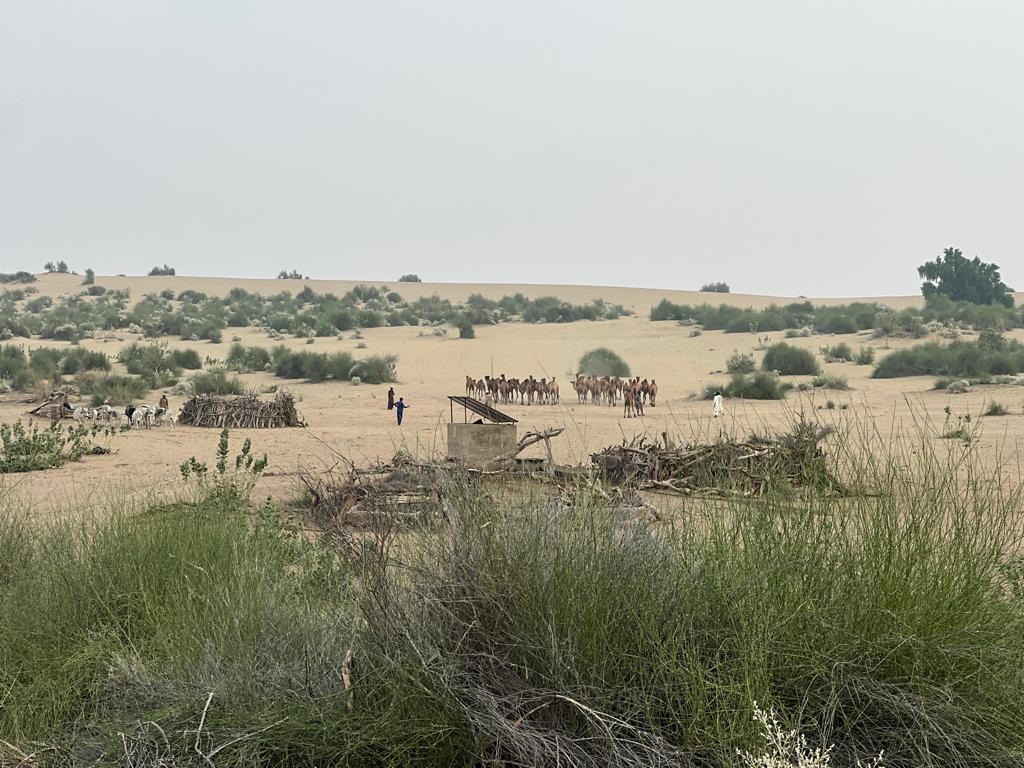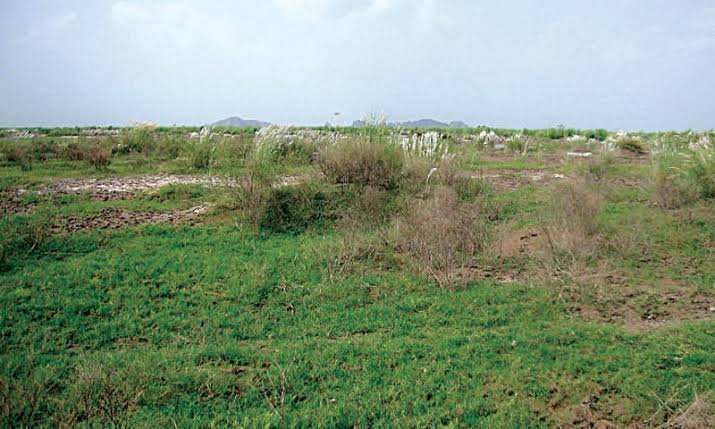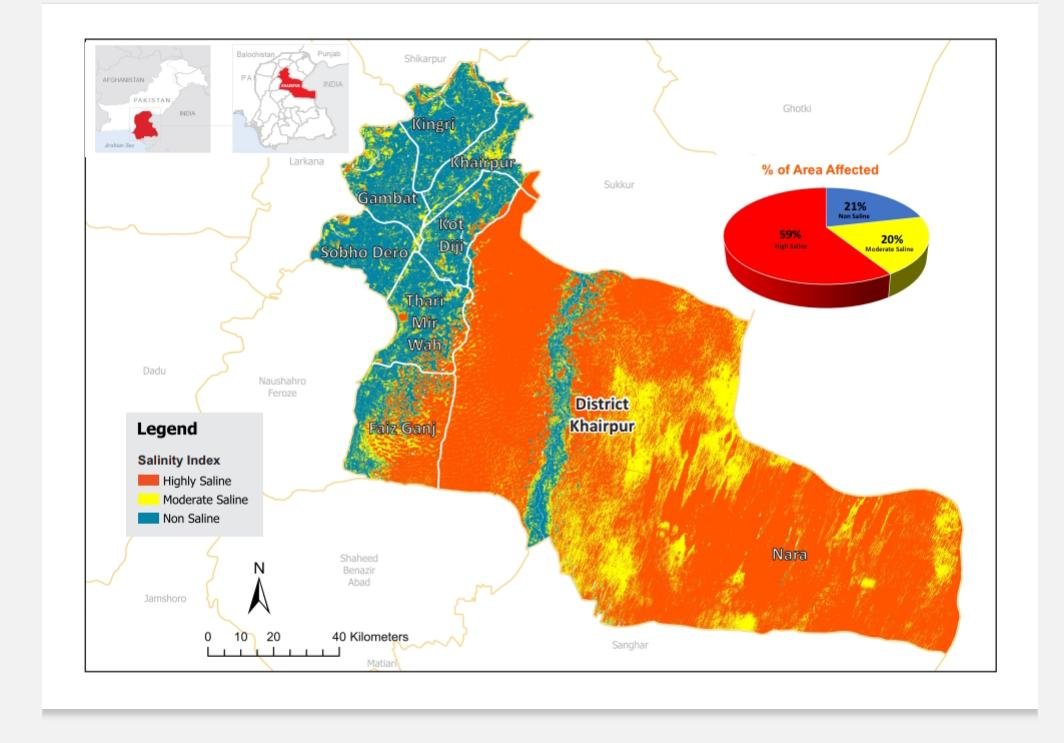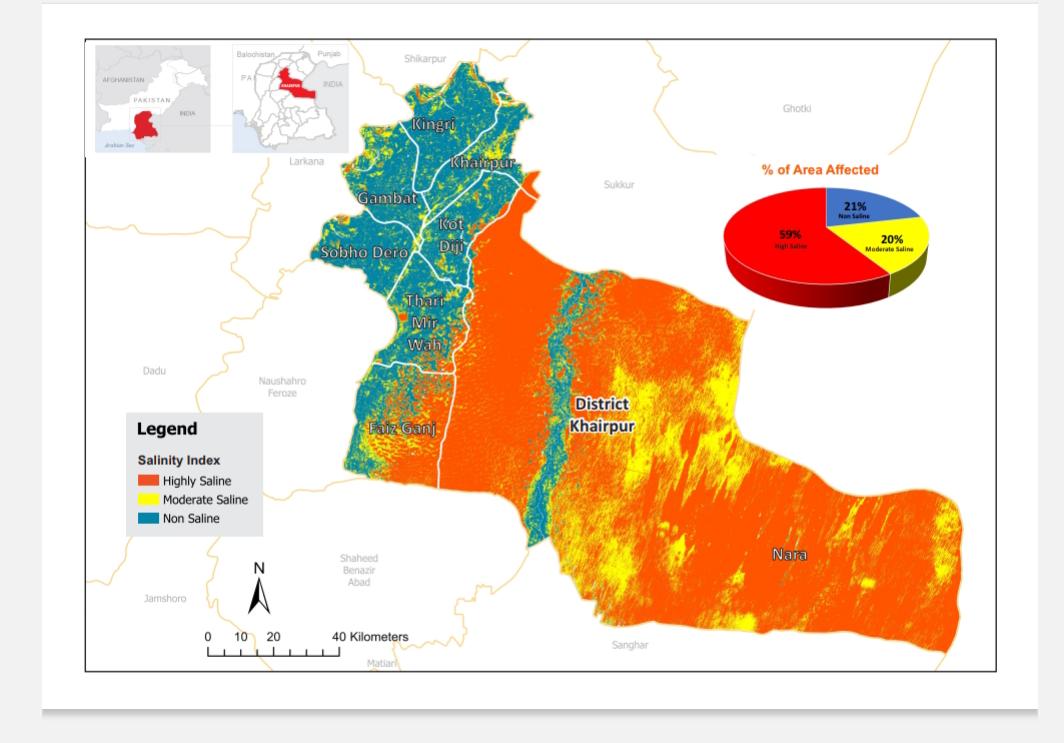In a daring stride towards wealth and food stability, the Sindh Government, in partnership with the Pakistan Army and overseas investors, is poised to bring about a sea change in the area’s agriculture.

The Special Investment Facilitation Council (SIFC) will oversee the transformation of 52,713 acres of barren state land into flourishing farmland using advanced agricultural methods. This venture not only assures enhanced crop output and augmented income but also signifies a crucial move towards attaining food security, an often-neglected aspect of national security. This article explores the intricacies of this game-changing project and its prospective influence on the region’s economy and food independence.
Insight into the Project
The project is being carried out under the guidance of the Special Investment Facilitation Council (SIFC), a holistic entity that encompasses representatives from federal and provincial stakeholders at all tiers. This initiative, led by the Sindh Government, maintains land ownership, leasing it to the Pakistan Army and foreign investors for two decades, while ensuring a 33% share in the profits.

The Sindh Government and the Sindhi community are set to reap substantial benefits from this arrangement, receiving a third of the project’s earnings. This reflects a commitment to mutual prosperity and a promising future. The land is being leased to a global farming corporation, with the Sindh Government and the SIFC forum seeking the army’s help to create a favorable business climate.
In a nation grappling with adequate food production and lacking the means to import food from global markets to fill the demand-supply gap, food sovereignty is at risk. Food security, a fundamental aspect of national security, is frequently neglected. To address this national issue, the Pakistan Army is aiding the Sindh Government in cultivating barren lands in the province through the SIFC.
The main goal is to optimize the use of arable wasteland in Sindh. Agriculture is the linchpin of Pakistan’s national economy and the primary sector fulfilling the food and fibre needs of the rapidly expanding population. To tackle the current challenges faced by Pakistan’s food security and its agricultural sector, the Sindh government has sanctioned the allocation of 52,713 acres of barren state land for the SIFC project. This includes 28,000 acres in Khairpur, 10,000 in Mithi, 9,305 in Dadu, 3,408 in Sujawal, and 1,000 acres each in Thatta and Badin.
The Untapped Land
The land being leased is currently idle; it symbolises a plethora of opportunities. Sindh is on the verge of transforming this unused land into a fertile source of wealth. The project offers an excellent chance to convert barren landscapes into thriving fields, turning areas that have been desolate for the past 75 years into hubs of productivity. This is the dawn of a green revolution. The crops harvested from this previously unused land will contribute to revenue generation.

Revamping Farming Practices
Agriculture in Sindh has been hindered by antiquated farming practices. This project seeks to overhaul farming with cutting-edge techniques, assuring higher crop yields and increased revenue. The application of modern technology will reap several benefits, including higher crop productivity, reduced use of water, fertiliser, and pesticides (which will help keep food prices low), decreased impact on natural ecosystems, less chemical runoff into rivers and groundwater, and enhanced safety for workers and farmers.
The Result
In pursuit of agricultural growth that is both food-secure and beneficial to the poor, the SIFC has adopted a holistic strategy to enhance the productivity of all food types, rather than concentrating solely on wheat-based food security. No nation has managed to sustain a swift poverty reduction without a boost in its agricultural sector’s productivity.
Our agricultural sector has the potential for growth in both breadth and depth. We must harness all our capabilities and resources available for the advancement of our agriculture. This, in turn, will guarantee the future of our succeeding generations. Undeniably, corporate farming will pave the way towards a prosperous Pakistan.




